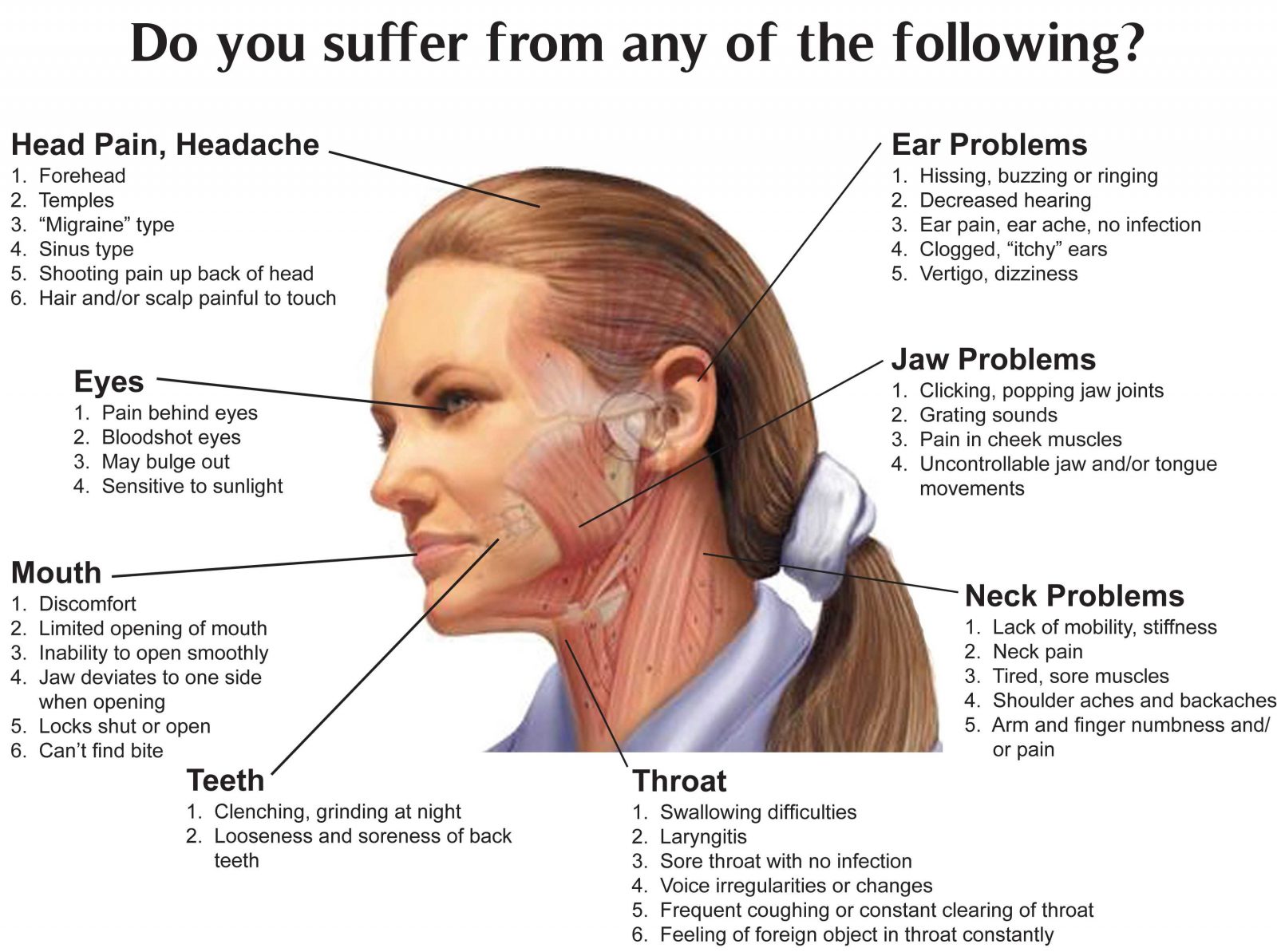
How to Stop Grinding Your Teeth (Bruxism) at Night
Paresthesia is the feeling of tingling, numbness or "pins and needles.". Everyone experiences this feeling at some point in their lives. It's most often a harmless sign that a limb is "asleep" and you need to shift position or move around. But when it won't go away or happens often, it can be an important medical condition symptom.

Health problems caused by crooked teeth 8 Health Problems Caused by...
Pulpitis Pulpitis, often referred to as a toothache, is an inflammation of the dental pulp — the connective tissues and cells in the center of your teeth. If the pulp comes into contact with irritants — such as impacted food in the gum, tooth decay or gum disease — you might experience a tingling sensation on your teeth.

Is it Normal for Teeth to Tingle? Riverside Dental
The medical term for numbness or tingling anywhere in the body is paresthesia. It usually involves pressure, irritation, over-excitement, or damage to the nerves. A numb mouth by itself is.
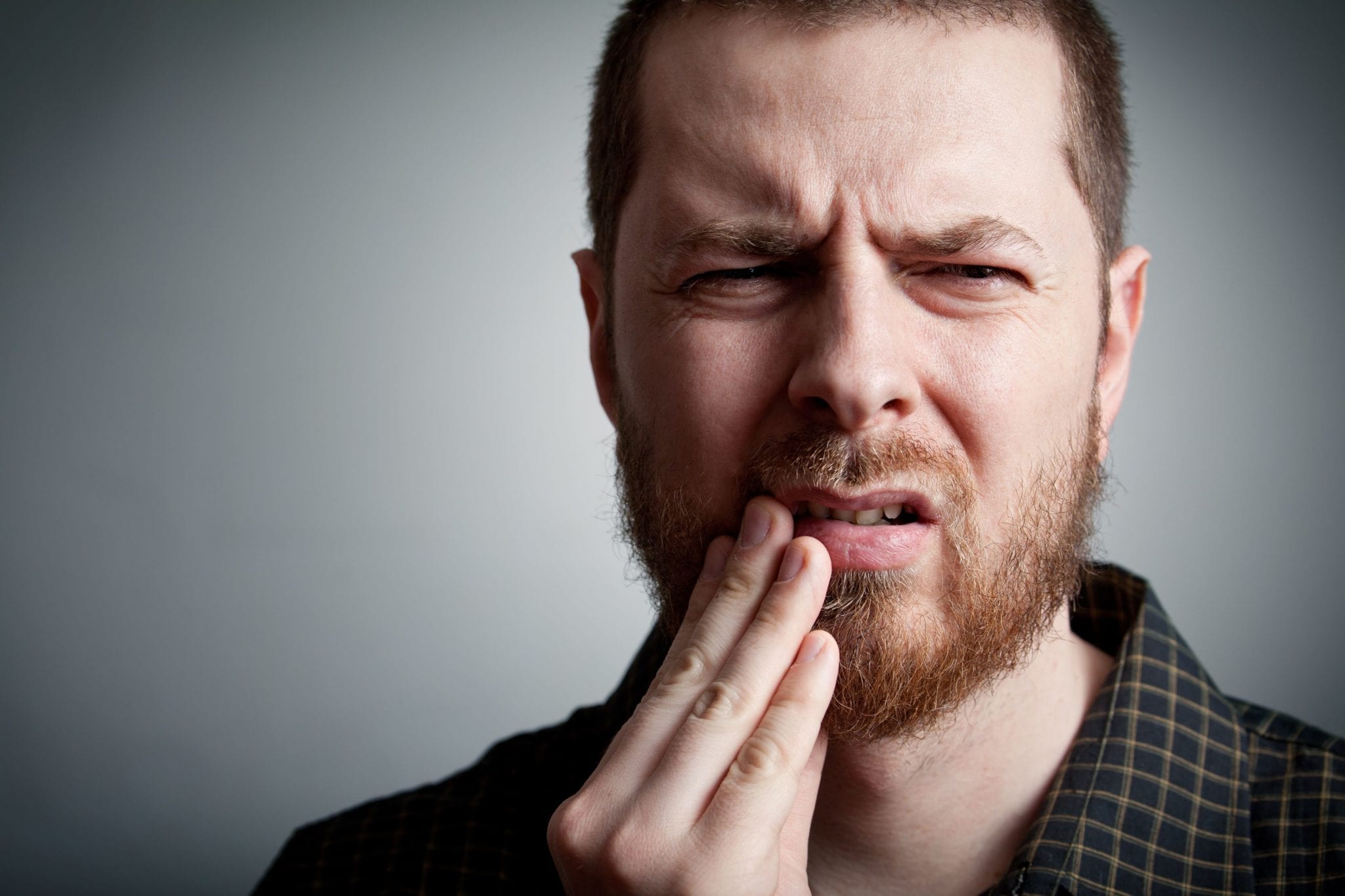
What are the Most Common Dental Problems for Adults?
Symptoms. Signs and symptoms of bruxism may include: Teeth grinding or clenching, which may be loud enough to wake up your sleep partner. Teeth that are flattened, fractured, chipped or loose. Worn tooth enamel, exposing deeper layers of your tooth. Increased tooth pain or sensitivity.
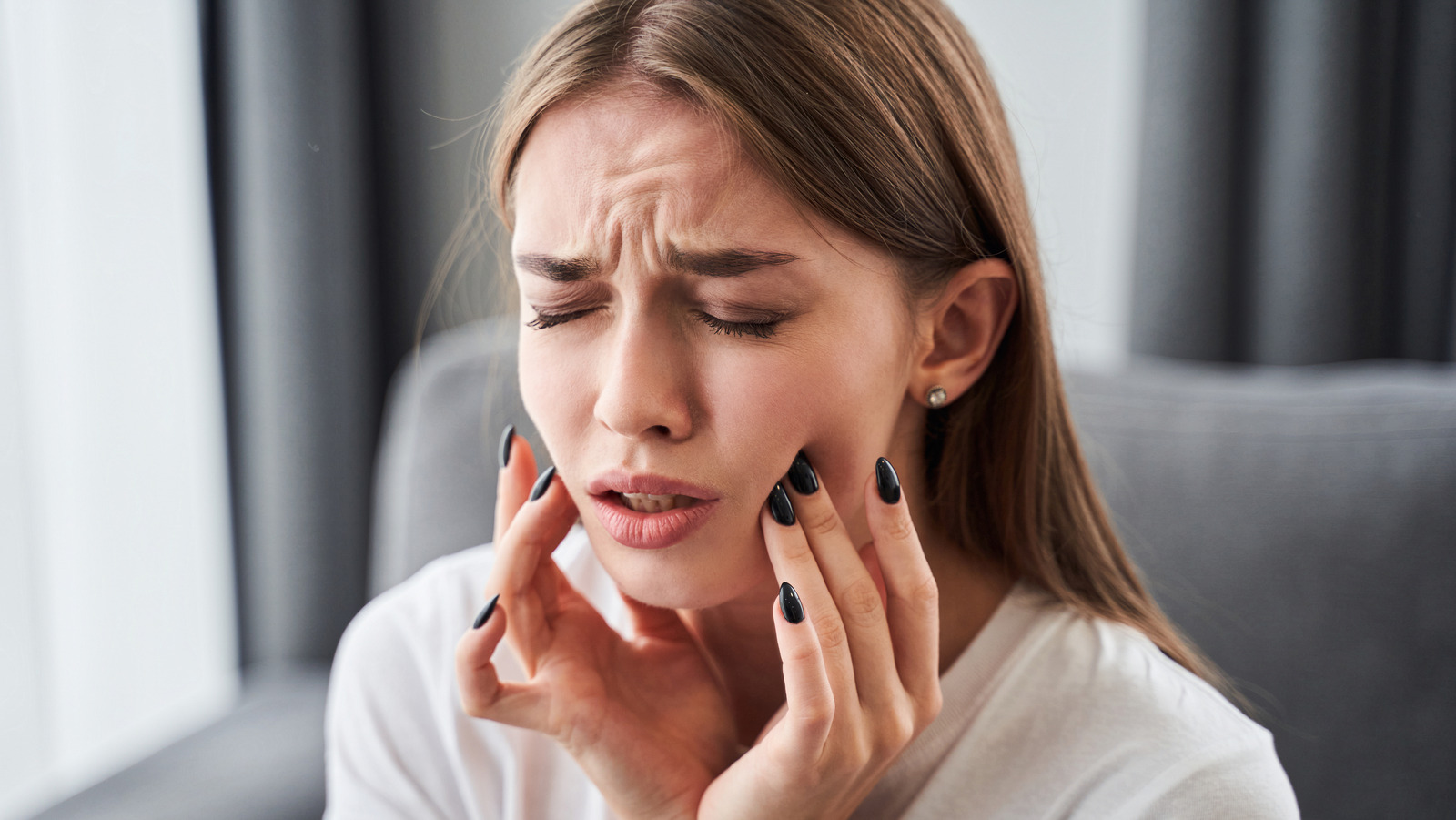
What It Means When You Have Teeth Tingling
Trigeminal neuralgia (try-JEM-ih-nul nu-RAL-juh) is a condition that causes intense pain similar to an electric shock on one side of the face. It affects the trigeminal nerve, which carries signals from the face to the brain. Even light touch from brushing your teeth or putting on makeup may trigger a jolt of pain.
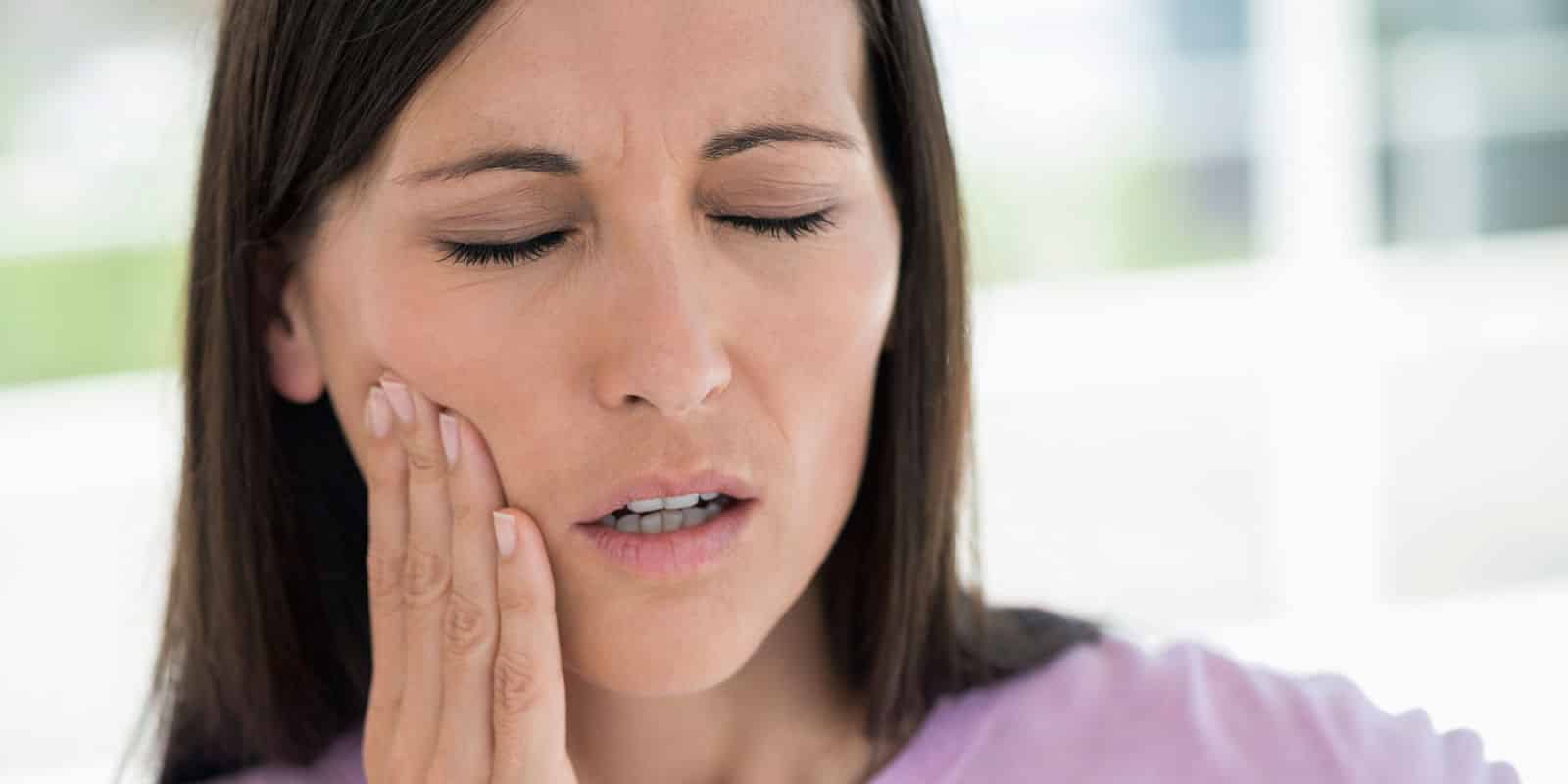
Having tingling teeth? Deal with early signs of dental decay.
What Causes Numbness and Tingling in Teeth? There are a variety of reasons you may suddenly lose sensation or feel odd tingling in your teeth. Let's look at each of the most common causes in more depth: Dental Nerve Damage The nerves inside your teeth are prone to injury or inflammation which leads to altered sensations.
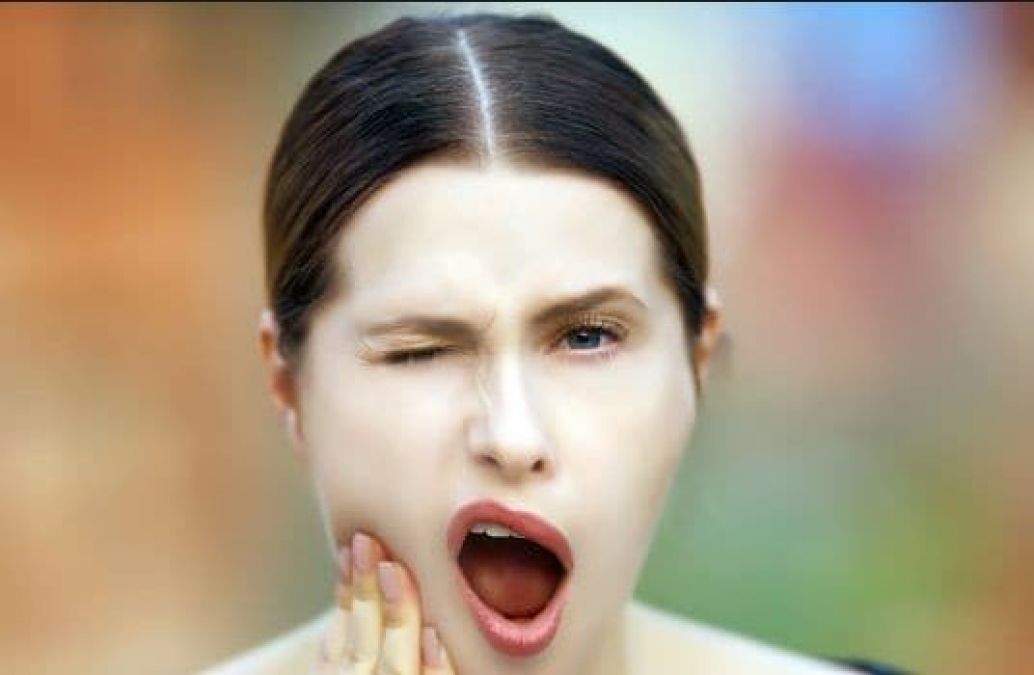
Reduce the tingling of teeth with these home remedies NewsTrack English 1
Teeth tingling can occur for a variety of reasons, including gum disease, tooth decay, teeth grinding, and even sinus infections. In some cases, the tingling may be a sign of a more serious condition, such as nerve damage or a tumor. Treatment options depend on the underlying cause of the tingling. For example, if it is caused by gum disease, a.
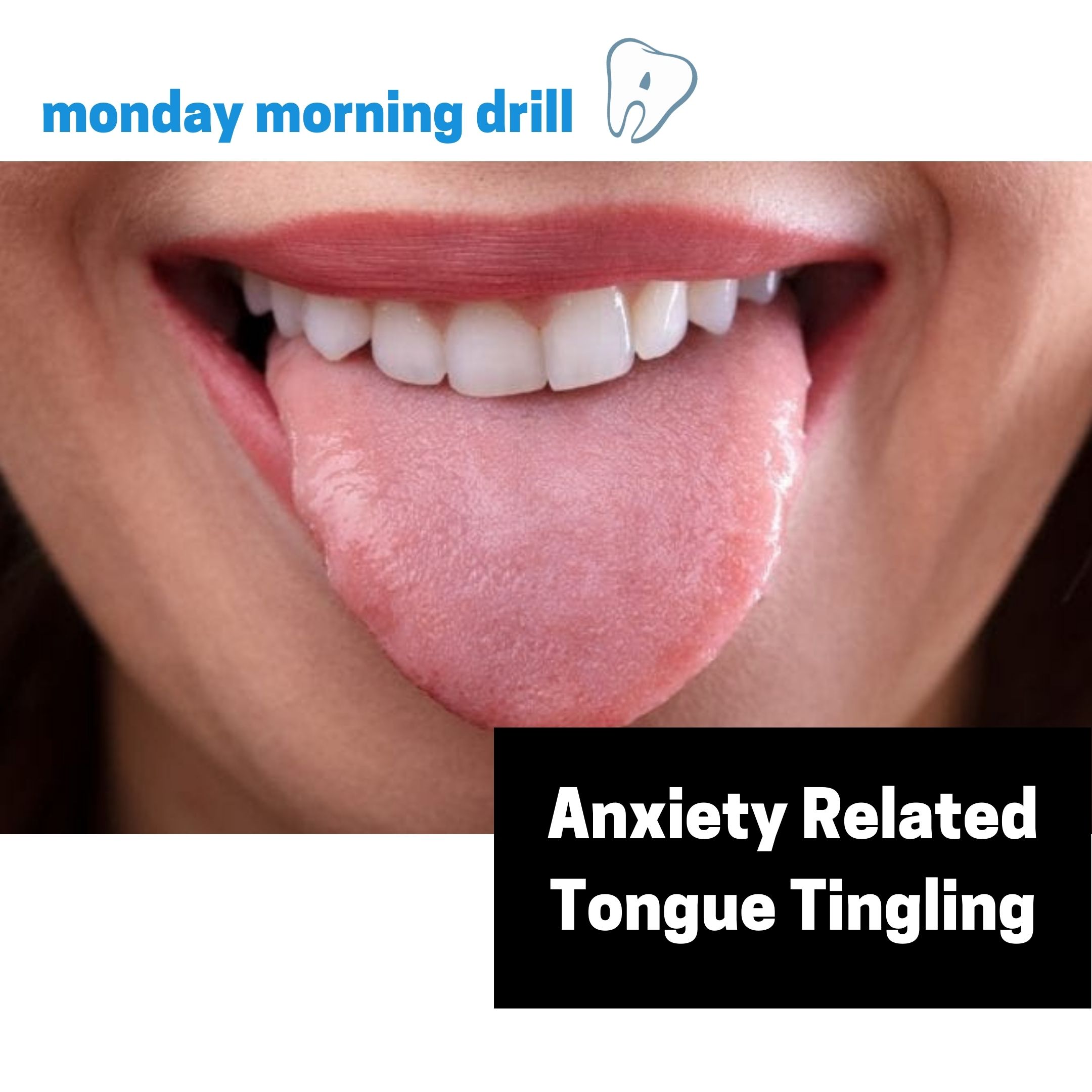
Anxiety Related Tongue Tingling The Tooth Bank
Buy Personal Care Products at Low Prices. Pay on Delivery. Order Now!
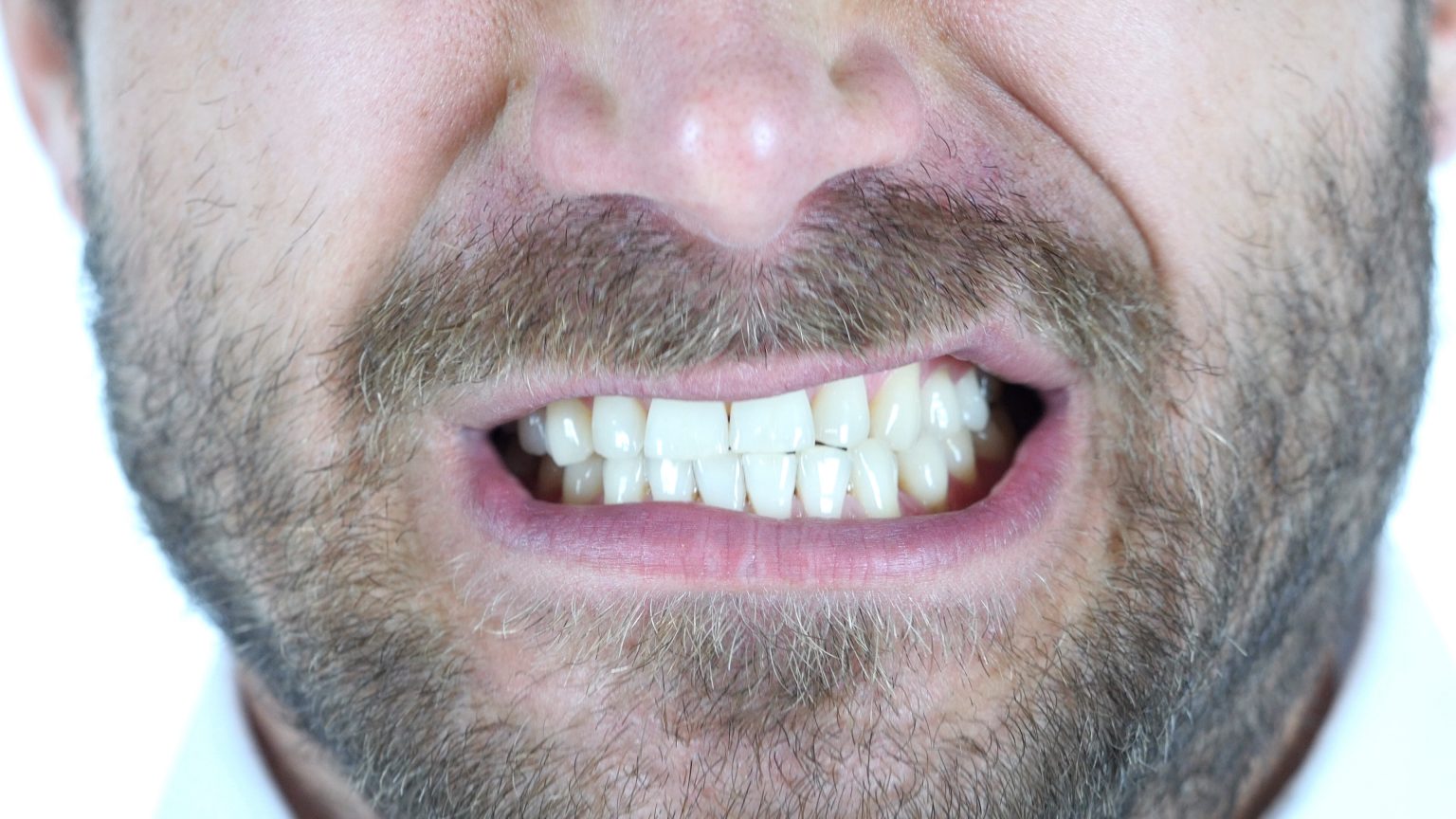
What is teeth grinding and why is it so bad?
Common reasons for the tingling sensations include: Cavity/Decay. The first sign of tooth decay caused by bacteria are brown or white spots on the tooth. Eventually, the spots burrow down into the tooth's surface and reach the nerves in the tooth, leading to pain and tingling.
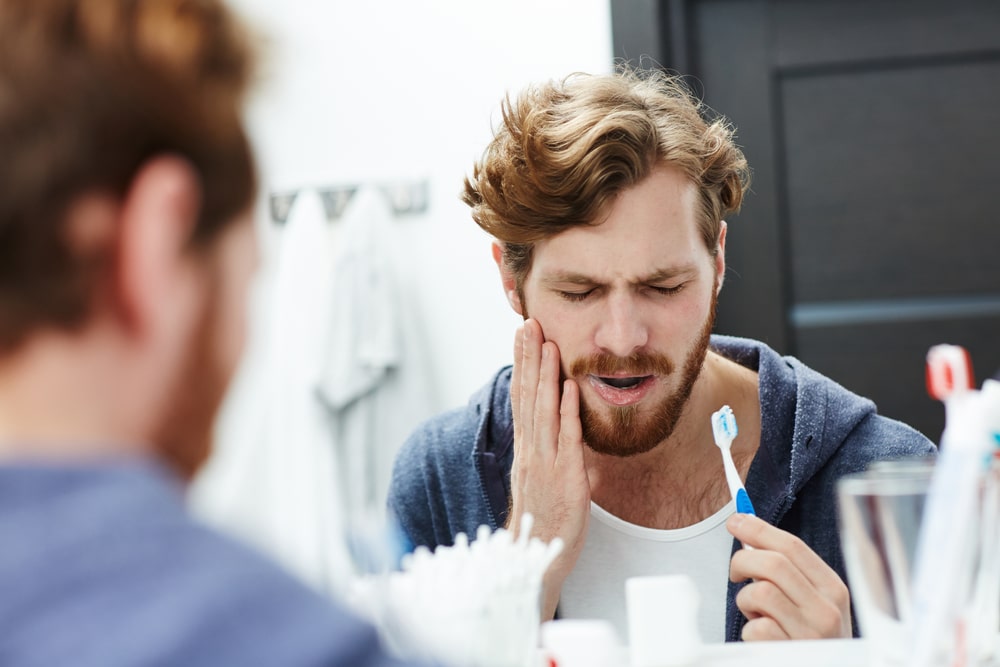
Why Do My Teeth Feel Like They Tingle? Dr. Rebecca Rath DMD Billings Dentist
Tingling teeth can be a frustrating and uncomfortable sensation, but understanding how to prevent it can help you maintain good oral health. Tips and strategies for preventing tingling teeth include maintaining good oral hygiene, avoiding certain lifestyle habits, and identifying possible medical conditions.

Teeth Tingling Causes, Treatment, and More
Pulpitis Pulpitis is the inflammation of the nerve bundles and blood vessels (dental pulp) in your tooth. It is characterized by an aching tooth, red gums, and tingling sensations even when your teeth aren't in use. Pulpitis occurs due to bacterial infection. Until you get treatment, you can take painkillers to reduce the pain.
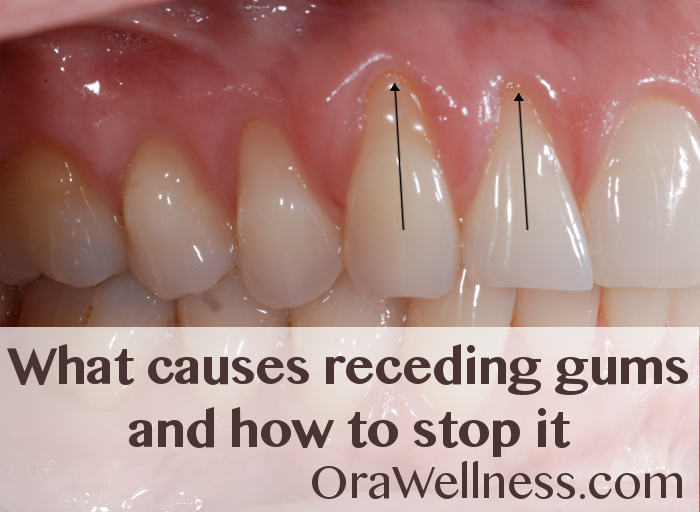
Tingling Sensation In Bottom Front Teeth TeethWalls
Whenever you experience a toothache or tooth pain, you can be almost certain that something is wrong. However, besides pain and sensitivity, a tingling sensation is also a symptom of a troubled tooth. If one or more of your teeth have begun to tingle, it might be time for a dental check-up. Tingling usually means that a tooth has suffered.

Toothache Preserve Your TeethPreserve Your Teeth
The tiny changes in your occlusion (biting relationship) can apply weird pressure points that make specific teeth feel weird or tingling in the gums around them. Your dentist can adjust your occlusion, so be sure to let them know if your bite feels irregular once all of that numbing medication finally wears off. 2. Teeth Biting Down Irregularly
Tingling Sensation In Bottom Front Teeth TeethWalls
Teeth tingling is a stinging sensation in your teeth that swollen or bleeding gums might follow. Usually, the tingling sensation in your teeth can be easily treated; however, you should not wait for a long time to visit the dentist if you have experienced teeth tingling. Causes of teeth tingling Cracked or broken tooth

Why Are My Teeth Tingling
Teeth grinding or clenching - Often an unconscious action, bruxism—grinding your teeth in your sleep—or clenching your teeth can make your teeth tingle. Repeated clenching or grinding of your teeth can wear them down, exposing your sensitive dentin and potentially developing cracks in your teeth with the excess pressure.

Tingling Sensation In Bottom Front Teeth TeethWalls
Trigeminal neuralgia Diagnosis Trigeminal neuralgia Overview Symptoms Causes Diagnosis Treatment As the pain caused by trigeminal neuralgia is often felt in the jaw, teeth or gums, many people with the condition visit a dentist before going to a GP.